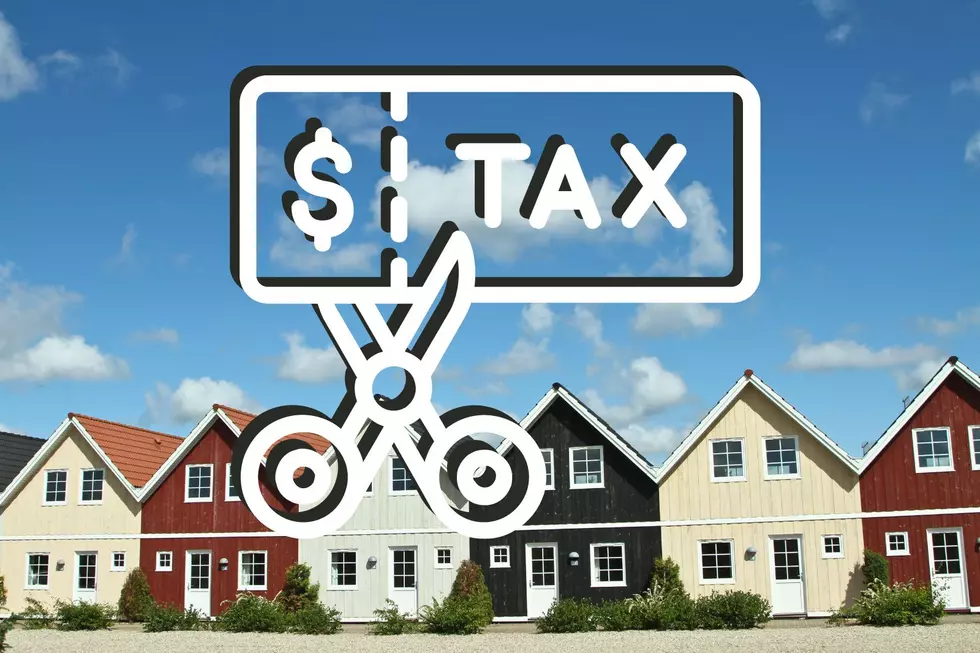
Lawmakers take step toward reducing the next business tax hike
TRENTON — State lawmakers advanced a plan to reduce the size of a potential billion-dollar tax increase facing businesses next July, which is being automatically triggered to begin refilling the completely drained unemployment fund.
New Jersey entered the pandemic with a healthy unemployment fund – but after paying $5.2 billion in state benefits and counting, it’s now in the red and has borrowed $385 million so far from Washington.

Payroll taxes are determined by a complicated formula, and the rates go down as the fund’s surplus builds. Rather than push all businesses into the most expensive of six columns, the bill would shift them one column over instead of five next July, then no worse than one more column in 2022 and 2023.
Michael Egenton, executive vice president for the New Jersey Chamber of Commerce said the state made a similar move after the financial crash of 2008-09.
“Let’s not do sticker stock to the employer community,” Egenton said. “Let’s not push ourselves all the way to Column E. Let’s figure out a way to do this, do it methodically in the right way.”
The bill was advanced in a 5-0 vote by the Senate Labor Committee. State Sen. Fred Madden, D-Gloucester, the bill’s sponsor and committee chairman, said it’s important so that businesses have needed stability.
“We have to do this today and get things moving so the business community knows early on that we get it,” Madden said.
Christopher Emigholz, vice president of government affairs for the New Jersey Business and Industry Association, said the bill helps in two ways.
First, it reduces the tax rate that would otherwise apply when the unemployment fund is running a deficit. The rate won’t jump as sharply – though it will stay higher than current levels for longer.
“We hope that by spreading out the impact of this looming payroll tax increase, it makes it easier,” Emigholz said. “Maybe it spreads it out to the point where businesses are in a better place and we’ve recovered and we’ve restored operations. And maybe they’ll be able to afford to pay this.”
Second, until the public health emergency ends, employers won’t have to pay extra into the unemployment fund for having laid off workers during the pandemic.
“That’s big,” Emigholz said. “Those businesses that are on the brink, those businesses that have already made tough choices, this bill said: You know what? We’re going to hold you harmless for some of the tough choices you’ve had to make in the past few months.”

There isn’t yet a financial analysis of how much taxes would still increase next year if the bill becomes law.
More From Townsquare Media News:
”Signs
More From 92.7 WOBM










